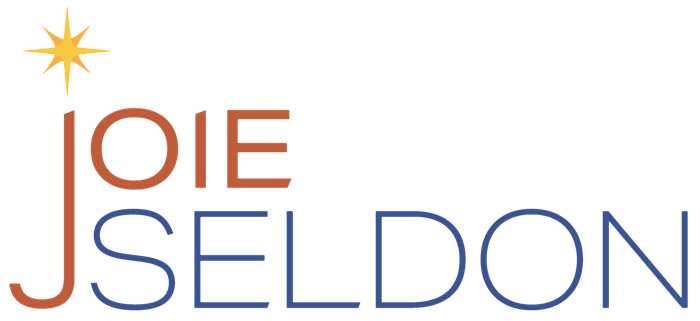
AGILITY: The ability to think and act quickly. Flexibility – Adaptability – Nimbleness – Quickness – Alertness – Responsiveness.
EMOTIONS: A biological, body-based information system that tells you what your relationship to everything you experience outside yourself (people, events, circumstance, etc.) and inside yourself (your thoughts, beliefs, attitudes, past experiences, aspirations, etc.), the purpose of which is to prompt you to action that is optimally beneficial for your survival and well-being.
The Issue
The benefits of Emotional Agility are broad, from gracefully handling extreme circumstances to managing the subtle day to day interactions with others. It supports you to more skillfully navigate miscommunication, differing points of view, and hidden agendas. It reduces stress, the number one cause of ill health, builds self-confidence, enhances creativity and makes life more enjoyable.
So why isn’t everyone lining up to learn how to develop this skill? Because emotions are scary. Whether consciously or unconsciously, people want to avoid feeling vulnerable or having confrontations, especially at work. Repression and denial seem easier than having to feel awkward and uncomfortable.
However, when you ignore or stuff your feelings, you are creating stress in your body, stagnation in your mind and tension in relationships. All of which costs companies a fortune in lost productivity.
The underlying issue is that most people don’t know what emotions are or how to handle them. There are so many misconceptions and negative labels about emotions that it can be hard to comprehend the profound value they hold.
Acceptance is Key
The key to Emotionally Agility is the ability to be physically and mindfully present with all of your emotions, without judgment or resistance. Being able to receive the vital message your emotions carry helps you take the best possible appropriate action in your given circumstance. Openness to your emotions allows you to make decisions quickly based not on automatic responses but on what is most helpful for that moment.
Of course, you need to understand your emotions so you can determine just how valid they are. A circumstance can prompt emotions, but then beliefs and past conditioning can fuel and distort the emotion to the point where you get stuck. That is one reason being self-aware is the first step in emotional intelligence development.
“Mac” had done well in advancing within his company. He was a team leader and in line for a promotion when his company began having problems. He became fearful, understandable given the company’s uncertain future.
The bigger problem was he had imposter syndrome stemming from his background and lack of formal education. He felt shame about this and was terrified the person brought in to fix things would fire him and he’d have to start all over again elsewhere.
At the urging of a friend, Mac reached out for coaching. He learned to be an observer of his emotions and less attached to his “story.” He calmed down. The fear would still come up, but he could recognize it and move past it using tools he learned in our work together. He ultimately left the company on his own terms.
Emotions are relatively straightforward. It’s we humans that make things complicated.
If 2020 has taught us anything, it’s that life is unpredictable. Even without a pandemic, change will happen, emotions will come and go. Developing the ability to meet whatever comes your way with emotional skill will serve you in countless ways. Emotional Agility is energizing, healthy for your body, socially empowering, and spiritually fulfilling. I highly recommend it.
